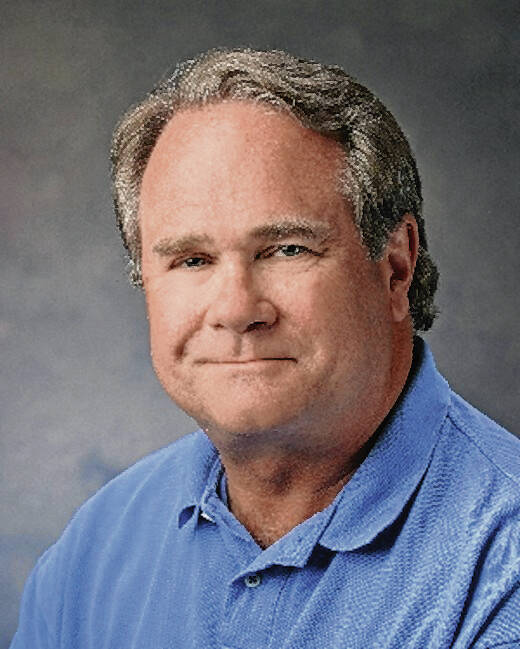
Craig Ladwig
A QUESTION OCURRED this morning as I sipped my Hyson green tea (what was thrown into Boston Harbor) and admired the American flags and Christmas decorations along the cul-de-sac. The question — alarming in itself — was whether the neighborhood association could defend any of that should a radical muslim, antifascist, Black Lives Matter or MS-13 mob jump from the pages of my morning paper and march on the subdivision. The short answer was no. The long answer follows.
One strategy, that chosen by our Democratic friends in the Indianapolis mayor’s office, is to welcome a bunch of officials to town and call them our “partners in the fight against crime.” They could sit around and talk about stopping certain crimes, and that about summarizes the U.S. Department of Justice’s (DOJ) Violent Crime Reduction Summit this week in Indianapolis.
There, Attorney General Merrick Garland urged his 1,500 official anti-crime “partners” to continue to “invest in the partnership.” That was understood to mean the assembled should seek more funding for the myriad federal social programs addressing the root causes of crime. They should take care, though, not to cause the disproportionate arrest or prosecution of politically favored identities.
This is the same man who has allowed thousands of random military-age foreign nationals to roam the state and country looking for whatever plunder was left after the Internal Revenue Service had finished with us. And the programs to which he refers are careful not to interfere with the flow of money to the radical Left — enough money to forgo that march on my subdivision — at least until the timing is right.
Garland (the type of fellow who was chased at recess) calls this success. But there is another strategy. It is to work hard to elect a local law enforcement officer serious about local law enforcement. We call them sheriffs (the types of fellow who used to chase Garland at recess).
It is fashionable now to mock the classic sheriff or even cast him as a right-wing villain (“Fargo” season five). But sheriffs differ from the tawdry mix of ambition and vanity that is the Department of Justice. They have a history. Sheriffs are precursors of our constitutional republic and its attendant democracy. They arose in first-century Anglo-Saxon England or even before with the Norse. They were the natural, chosen leaders of their communities (shires), their title dating back to Alfred the Great.
Sheriffs are mentioned prominently in the Magna Carta, the earliest expression of limited government. Fourteen sheriffs or former sheriffs were either in an advisory capacity in the writing of the Magna Carta or were direct participants. And of the document’s 63 clauses, 27 are directly concerned with the sheriff and his office.
Sheriffs spoke truth to power. They kept local order, but more important to this discussion they represented to the king the legitimate interests and concerns of common folk. I’m just spitballing here but I suspect today common folk would be legitimately interested in somebody making arrests relative to crimes committed.
A recent quote from a Colorado sheriff is representative: “In my oath it says I’ll uphold the U.S. Constitution and the Constitution of my state. It doesn’t say I have to uphold every law passed by the Legislature.”
Such an attitude was built into the office and wisely carried over to the legal codes of colonial American government. It continues today in a few Indiana sheriff offices, their counties crime-free relative to nearby police jurisdictions. My grandfather was such a sheriff, I’m proud to say.
Is it too much to ask for another kind of Violent Crime Reduction summit? One that would seek to ensure that our sheriffs don’t slide into the DOJ model of pension-chasing armed postmen, indistinguishable from restaurant inspectors, tax collectors, meter readers and other hired statist muscle?
As the electeds (new woke word) in Washington and Indianapolis assume the power of kings, and as crime closes in on our neighborhoods and businesses, we need sheriffs with that old-fashioned Alfredian-Magna Carta grit.
Craig Ladwig is editor of the quarterly Indiana Policy Review. Send comments to [email protected].
